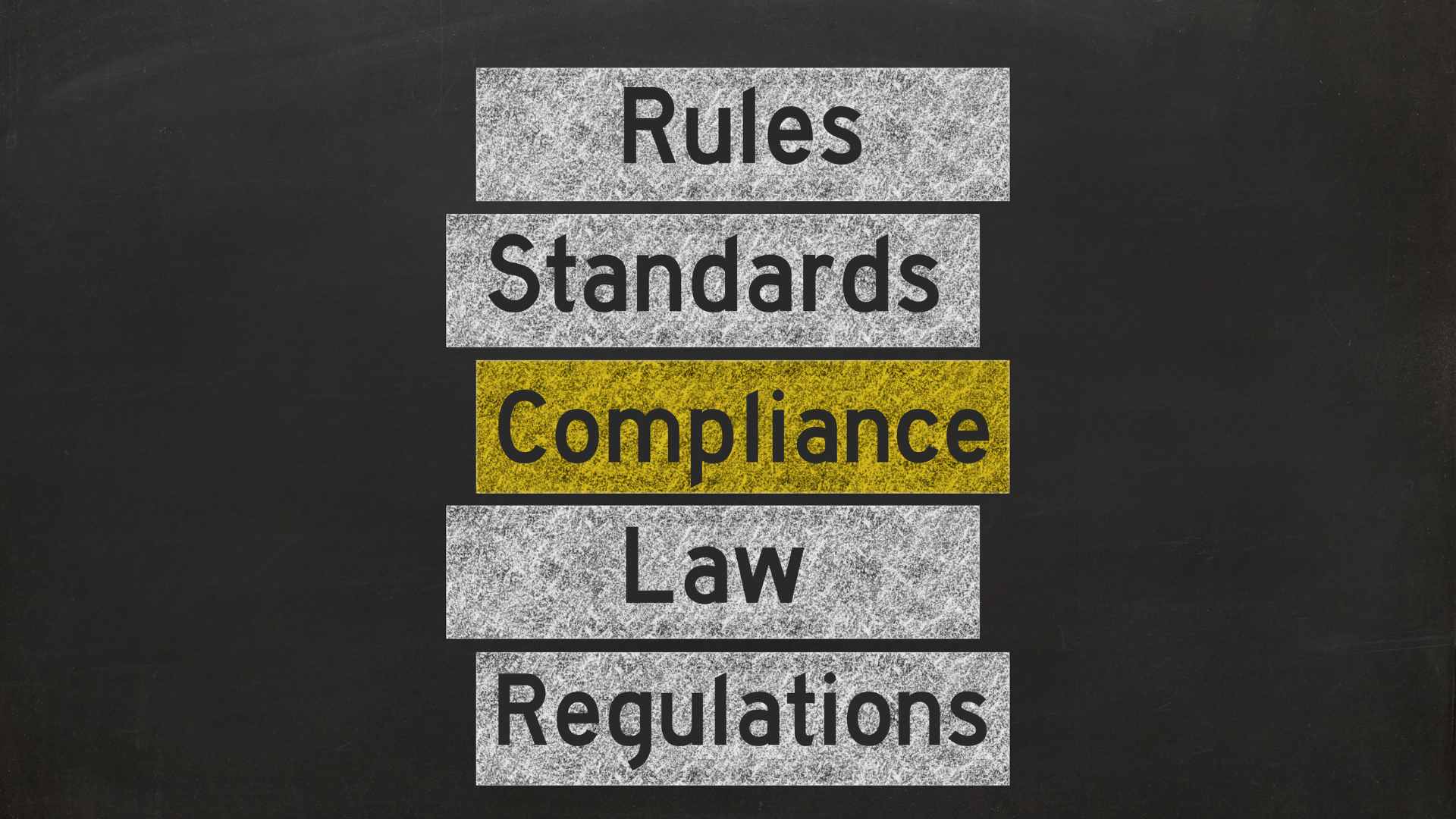VIEW BY TOPIC
- Finding Customers
- Business Systems
- Managing Employees
- Leadership
- Managing Money
Related Posts

Ready to Grow Your Business Fast?
Here’s How I Grew Five Businesses, and Eventually Sold One to a Fortune 500 Company.

Ultimate Manager’s Guide For Leading Remote Employees
It’s no secret that remote employees are profitable for business. There is both a reduction in office maintenance costs and an opportunity to choose the best employees without being tied to a specific location. But how to get people you’ve never seen in your life to work effectively is a mystery to many leaders. Unfortunately, in such a situation, classical managerial skills are not enough. Soft skills come to the forefront in this system.
Confidence
Remote employees need to be trusted much more than the team that sits with you in the same open space. To be able to trust your employees, select future remote employees as carefully as possible, taking into account all the features of your company. 98% of leaders of remote employees fall into the trap of distrust. Usually, this disease is cured by the first emotional burnout or the first dismissal of a subordinate. Then, either you learn and rebuild, which is always painful, or realize that remote management is not your strong point and change your career priorities.
Carefully select remote employees for the team and lower the level of expectations. The result will please you very much.
Communications
The bad news is that a person assimilates up to 60% of information through non-verbal. The team loses this valuable 60% working remotely, which means they need to be replenished through an accessible and coherent communication system. It would be best if you found a task manager that is convenient for everyone. It is essential that tasks are not confused, lost, or duplicated. Everything should be transparent and straightforward. Next, create a single information space where public documents and everything necessary for comfortable work will be posted. It is also your team’s responsibility to know what technology tools to use to exchange information and how to send large files. And, the most crucial rule, always ask remote employees to talk about how they understand the task – this will save you a lot of time, effort, and nerves.
The most challenging thing is to drive the entire team into a single task manager and require all participants in the process to use it all the time. Here only time and consistency will help you, and then a habit will develop. A single information space and summaries of accepted tasks will help you make sure that everyone speaks the same language – the language of your business.
Motivation
Unfortunately, not everything depends on the salary. To get a person to work with a cozy and warm sofa with Facebook, and TV shows nearby, you need to give the team a little more than just a salary. The remote team needs common motivational meetings: all project participants must understand where the company is coming from and where, the difficulties, and what will allow the team to be even more effective. Be sure to support and implement employee initiatives. Try to praise and be grateful – more and more often than we are all used to.
Practice shows that only an employee who believes in and shares the mission and values of the project can work effectively remotely. Define and clearly articulate your goal, mission, and objectives. Please make sure everyone knows, understands, and shares them. And don’t forget to praise and support employee initiatives.
Rules
Unfortunately, all the skills indicated above will not help you if you do not have clear and unambiguous rules followed by all team members. Creativity and self-organization are great, but not where you do business. Achieving goals requires a system and regulations that are easy to read and understand. Build an organic and stable system out of everything. With your personnel selection use clear criteria and assessment systems.
Motivation
Establish Key Performance Indicators with a transparent reward system. The rules must be uniform and equally valid for all team members.
This point can be a revelation. After all, it seems that if you trust your remote employees in your team, everything is in order with communications and motivation, then the puzzle has solved. But no! It is important not only to define sane boundaries and clear rules of the game but also to reinforce the boundaries with all employees. The situation when everyone is equal before the standards precludes many contradictions and disagreements.
Summary
For the effective work of a remote team, you need to mix in equal proportions trust, intelligible communication, and clear motivation, and then season it all with rules. Congratulations, your remote team is ready to be managed!















